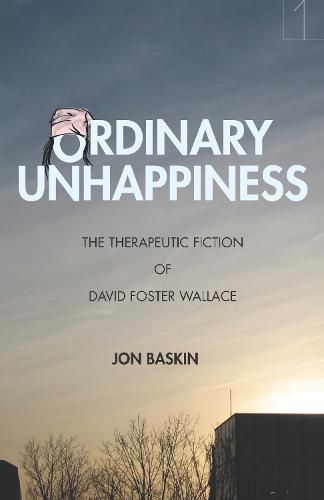Readings Newsletter
Become a Readings Member to make your shopping experience even easier.
Sign in or sign up for free!
You’re not far away from qualifying for FREE standard shipping within Australia
You’ve qualified for FREE standard shipping within Australia
The cart is loading…






In recent years, the American fiction writer David Foster Wallace has been treated as a symbol, as an icon, and even a film character. Ordinary Unhappiness returns us to the reason we all know about him in the first place: his fiction. By closely examining Infinite Jest, Brief Interviews with Hideous Men, and The Pale King, Jon Baskin points readers to the work at the center of Wallace’s oeuvre and places that writing in conversation with a philosophical tradition that includes Wittgenstein, Kierkegaard, and Cavell, among others. What emerges is a Wallace who not only speaks to our postmodern addictions in the age of mass entertainment and McDonald’s but who seeks to address a quiet desperation at the heart of our modern lives. Freud said that the job of the therapeutic process was to turn hysterical misery into ordinary unhappiness. This book makes a case for how Wallace achieved this in his fiction.
$9.00 standard shipping within Australia
FREE standard shipping within Australia for orders over $100.00
Express & International shipping calculated at checkout
In recent years, the American fiction writer David Foster Wallace has been treated as a symbol, as an icon, and even a film character. Ordinary Unhappiness returns us to the reason we all know about him in the first place: his fiction. By closely examining Infinite Jest, Brief Interviews with Hideous Men, and The Pale King, Jon Baskin points readers to the work at the center of Wallace’s oeuvre and places that writing in conversation with a philosophical tradition that includes Wittgenstein, Kierkegaard, and Cavell, among others. What emerges is a Wallace who not only speaks to our postmodern addictions in the age of mass entertainment and McDonald’s but who seeks to address a quiet desperation at the heart of our modern lives. Freud said that the job of the therapeutic process was to turn hysterical misery into ordinary unhappiness. This book makes a case for how Wallace achieved this in his fiction.